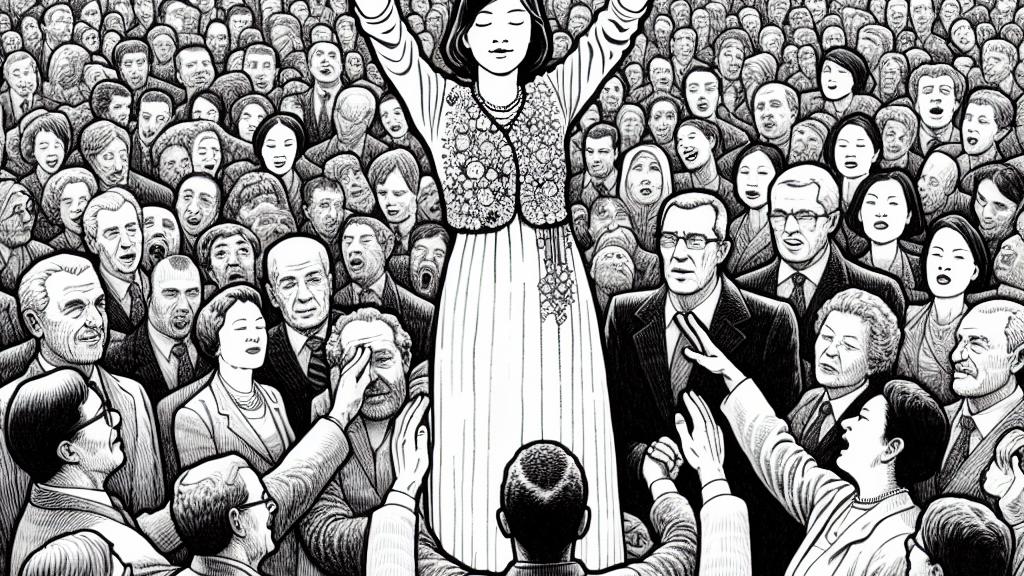Understanding Violence Against Female Politicians
Overview
- Violence against female politicians is alarmingly higher, pointing to systemic gender issues.
- Research highlights the pervasive misogyny that threatens women's political participation.
- Cultural prejudices and fear of violence hinder women's representation in leadership.

Examining the Landscape of Political Violence in Italy
Let's dive into Italy, a nation where the political environment can be ruthlessly hostile. Here, female mayors are nearly three times more likely to be victims of violence than their male counterparts. This stark reality is not just a simple statistic; it reflects a disturbing trend that raises fundamental questions about the safety of women in politics. It's clear that traditional barriers like gender discrimination play a role, but the threat of violence transforms the stakes. For example, when a woman wins a close election, the community often erupts not in celebration but in outrage, illustrating a built-in bias against female leadership. Such hostility reveals a culture steeped in misogyny, demonstrating just how perilous it can be for women to assume power.
Unraveling the Role of Misogyny
Even as more women claim their space in political arenas, they face the relentless shadow of misogyny. Studies reveal that female politicians often endure harsher scrutiny than their male counterparts. Take, for instance, the case of Gabrielle Giffords, who survived an assassination attempt—her story captures the grave dangers women face simply for participating in governance. Furthermore, research demonstrates that the stakes are even higher when these leaders stumble; women bear the brunt of societal backlash, often facing violence when decisions go awry. Interestingly, in regions where gender quotas are implemented, female leaders may actually encounter increased hostility, suggesting that while these measures aim to enhance representation, they can inadvertently provoke backlash. This complex interplay underscores that misogyny is not just a background issue; it actively shapes the experiences of women in leadership roles.
The Ramifications for Democracy and Representation
The ramifications of violence against female politicians are profound and directly threaten the foundations of democracy. In a polarized environment like the United States, where political tensions run high, these risks become magnified. The increase in threats and physical violence against leaders can create a chilling effect, discouraging women from running for office and thus stifling diverse perspectives in governance. Every time an attack occurs, a chilling message is sent: that leadership is not safe for women. This not only silences individual voices but also hampers the progress toward a more inclusive political landscape. Urgent action is essential to combat these threats and to foster a safe environment where all individuals, regardless of gender, can fully participate in shaping our democracy. The path toward a representative society demands that we confront and dismantle this cycle of violence and discrimination.

Loading...